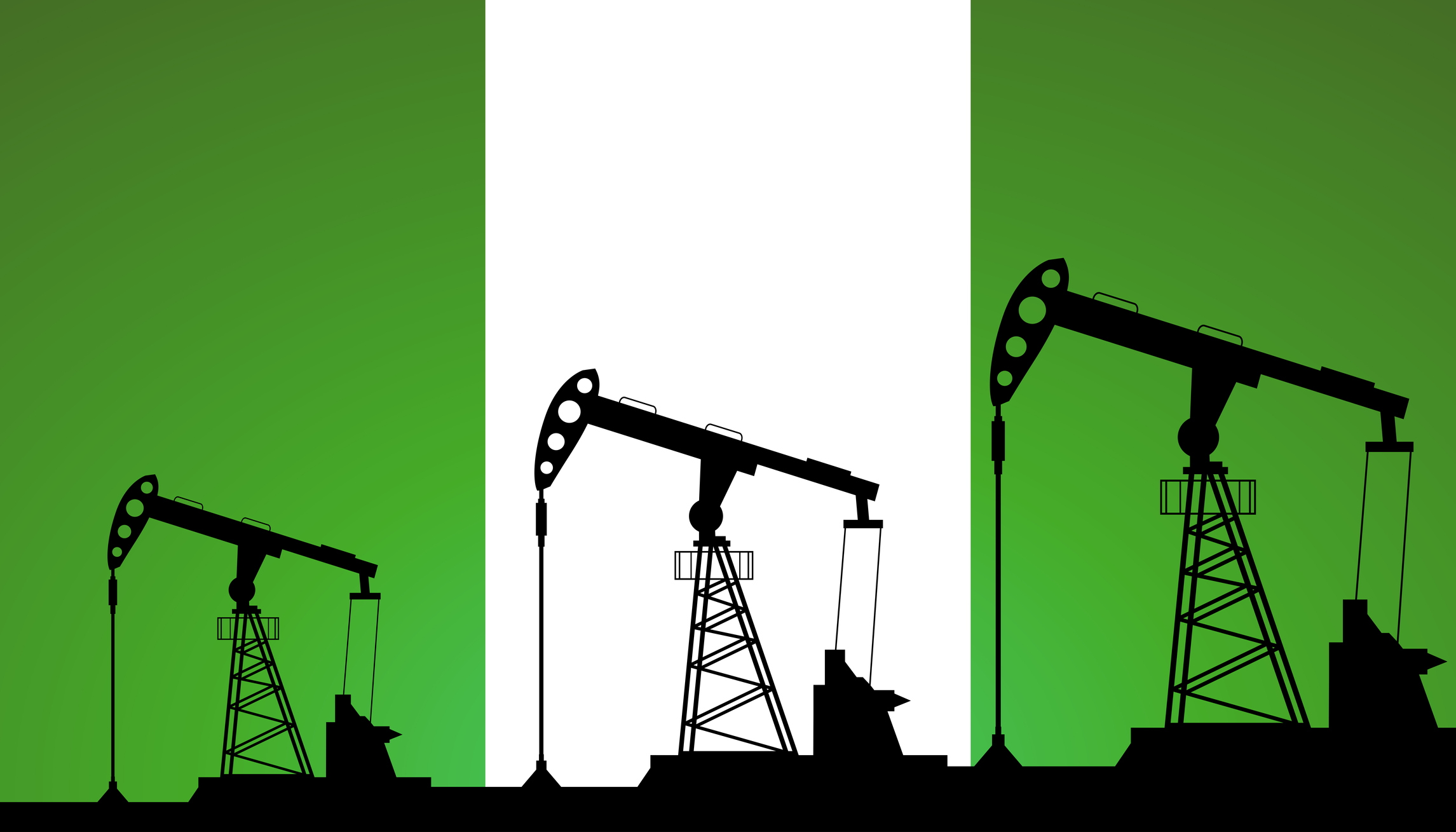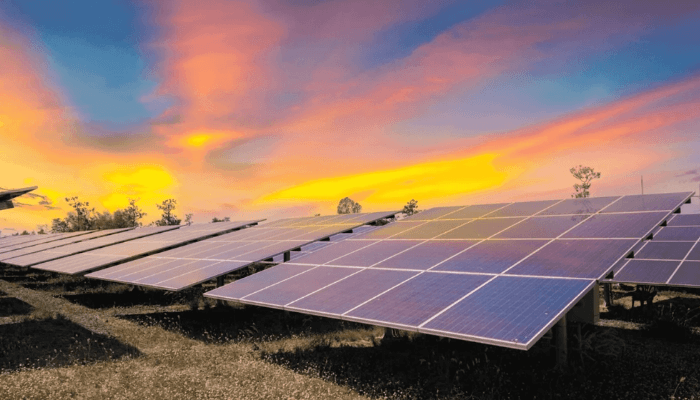The Top 5 Oil Producing States in Nigeria and What You Need to Know
The Top 5 Oil Producing States in Nigeria and What You Need to Know
Nigeria, the giant of Africa, is one of the top oil producers in the world. As a result, the oil and gas industry is a major contributor to the country’s economy, accounting for over 70% of its government revenue. In this article, we will be taking a look at the top 5 oil producing states in Nigeria, their contributions to the national oil production and what you need to know about each of them. We will also discuss the challenges these states face in the oil and gas sector and how the government is addressing them. So, buckle up and be ready to take a deep dive into the intricate workings of Nigeria’s oil and gas industry.
Overview of Nigeria’s Oil & Gas Industry
Nigeria’s proven oil reserves are the 10th largest in the world, with a total of 37.3 billion barrels of oil, which accounts for 5% of the world’s total. The country is the 7th largest oil producer in the world, producing 2.5 million barrels per day, or Mbpd. Nigeria’s large oil and gas reserves and production potential have made the country an important player in the oil and gas industry. The industry also contributes significantly to the country’s economy, accounting for over 70% of its government revenue. The oil and gas industry in Nigeria is one of the largest and most complex in the world. It is also one of the most lucrative. However, it is not without its challenges. The sector is highly regulated, and its operations are very capital intensive. This means that the industry is highly dependent on government funding for its activities.
The Top 5 Oil Producing States in Nigeria
Rivers State – This state is one of the top oil producing states in Nigeria. It is also the largest oil producer in the country, producing around 936,000 barrels of crude oil daily. Its crude oil production accounts for nearly 50% of the country’s total daily output. The state is home to the Niger Delta, where the bulk of Nigeria’s crude oil production takes place. Delta State – This is another top oil producing state in Nigeria. Its oil production accounts for around 7.5% of the country’s total. The state is believed to have the potential to produce around 100,000 barrels of oil daily. However, with the current level of infrastructure development, production is expected to rise to around 10,000 barrels per day. Akwa Ibom State – This is another top oil producing state in Nigeria. The state has proven oil reserves of around 46 million barrels. Its crude oil production is expected to rise to around 800,000 barrels per day as the state receives more funding for exploration and infrastructure development. Bayelsa State – This is another of the top oil producing states in Nigeria. It accounts for around 4% of the country’s total oil production. The state has proven oil reserves of around 37 million barrels. However, production levels in the state are expected to rise significantly with the increased funding for exploration and infrastructure development. Imo State – This is another of the top oil producing states in Nigeria. It accounts for around 1% of the country’s total oil production. It is expected to see an increase in crude oil production with the commencement of production at the Ugia field in the state. Challenges Faced by the Oil Producing States There are challenges faced by the oil-producing states in Nigeria, including the fact that they accrue a small amount of the revenue generated by the sector. This is because they only own a small fraction of the production volume, while the federal government owns the rest. This means that federal revenue from the oil and gas sector is very high compared to the amount of revenue received by the state. As a result, most of the oil-producing states rely heavily on federal funding to meet their operations and development costs. This makes it difficult for them to formulate a sustainable economic development plan. The federal government has been urged to reduce its control over the oil and gas sector and give more revenue to the oil-producing states to support their economic development.
Government Initiatives to Support the Oil Producing States
To help the oil-producing states meet their challenges, the federal government has made a number of initiatives. These include the following: – – Establishing the Sovereign Wealth Fund – The SWF is a fund that was established by the government to receive a portion of the revenue generated by the oil and gas sector. The funds in the SWF account for around 80% of the country’s total funds. They are expected to rise to $100 billion by 2034. – Giving Priority to Infrastructure Development – The government has made the development of infrastructure in the oil-producing states a priority. It has been making significant investments in infrastructure development in these states. – Supporting the Oil-Producing States with Cash Transfers – The government also gives cash transfers in the form of statutory transfers and other financial support to the oil-producing states.
Conclusion
The oil and gas industry in Nigeria is a major contributor to the country’s economy. It accounts for nearly 80% of the government’s revenue. However, it is not without its challenges. The oil-producing states face a number of challenges, including the fact that they own a small fraction of the production volume, while the federal government owns the rest. This makes it difficult for them to meet their operations and development costs. This is why the government has made a number of initiatives to support the oil-producing states. These include the establishment of a sovereign wealth fund, the prioritization of infrastructure development in the oil-producing states and the provision of cash transfers. With these initiatives, it is expected that the oil-producing states will meet their challenges and benefit from the oil and gas industry.








LEAVE A COMMENT
You must be logged in to post a comment.